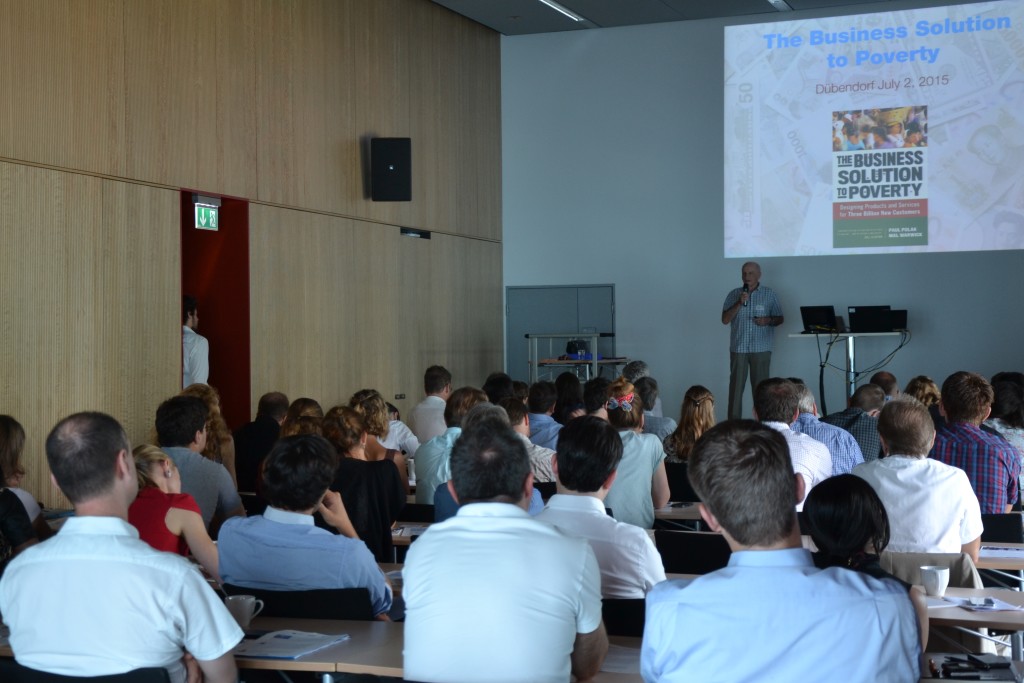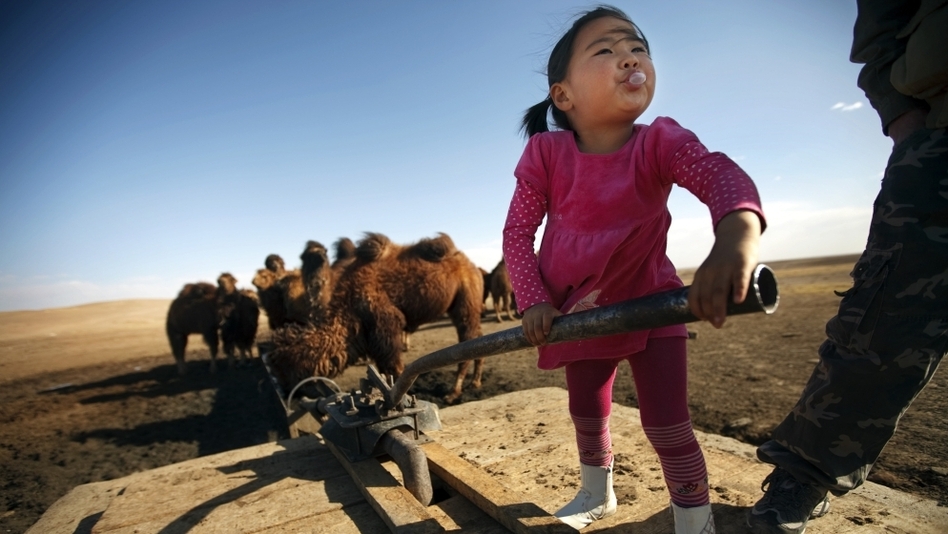Ten years ago I attended The Alicante Conference on Water and Science, which focused on hydrogeology – the science of water in the ground. Most of the participants were members of science academies in their countries.
The first point I made in my talk was that science was making only a feeble contribution to practical solutions to poverty. I went on to present the data that the farms where poor people make their living are microscopic in size. For example, 85% of all the farms in the world are less than five acres. Science in the fields of water, agriculture, economics, and design need whole new initiatives centered on one-acre farms. The scientists attending the meeting were blown away by the farm size data. They had no idea that so many of the world’s farms were miniscule.
Before I gave my talk, I had a very interesting experience. My friend, Ramon Llamas, organized an event in which five-minute summaries of the status of hydrogeology in 25 countries were presented by ministry of water officials and scientists from 25 countries, both in the developing and developed world.

After the first two reports, I realized that poverty wasn’t even on the agenda. So I decided to carry out a quick content analysis. I recorded each time the word poverty was used by any presenter, and then each time any indirect reference to poverty was made.
At the end of the 25 presentations, I stood up and presented my findings. Not one of the presenters had even used the word poverty once! I said that in light of the crucial role groundwater plays in poor people’s access to drinking water and water for crops, the complete absence of references to ‘poverty’ from the agenda of scientists in hydrogeology, as indicated by their presentations, was unconscionable.
The head of the Academy of Science for Spain, who was a conference co-sponsor, said I was being unfair. But many people applauded what I had said. The representative from Mongolia said there was a real opportunity in that country to utilize ground water to improve the livelihoods of rural people. More to come about this in my next blog post.

Fast forward to three weeks ago, on July 2nd, 2015, when I gave the keynote speech for a conference organized by the Swiss Water Partnership. The conference was held at the Eawag Aquatic Research Center in Dübendorf. It thrills me to say that most of the science institutions in Switzerland today are very much involved in creating business opportunities using groundwater to improve the livelihood of poor people.
Transformation is not an overnight process.

